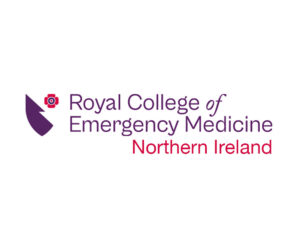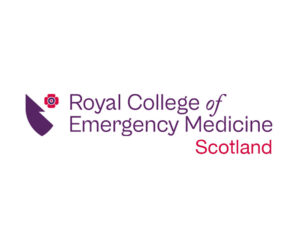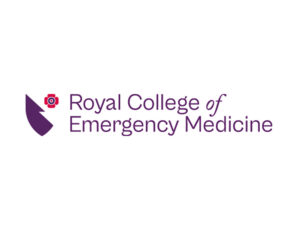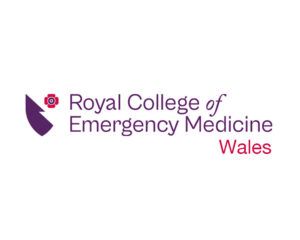The Royal College of Emergency Medicine has a dedicated communications team.
If you are a member of the media and you would like more information about the College and its work, or you would like to make a request to speak to one of our spokespeople, please contact the team via communications@rcem.ac.uk
We kindly ask you do not contact our spokespeople directly as they are all busy working Emergency Medicine clinicians and may not be in a position to respond.
Please contact the communications team and we will respond to you as soon as possible.
The communications team’s office hours are 9am – 5pm, Monday to Friday. But we are also contactable outside of these time for urgent media enquiries.
If you do want to contact us out of hours, please use the same email – communications@rcem.ac.uk – which is monitored closely by the communications team member on call, and we will respond promptly.
If you are interested in our latest analysis of NHS performance data, please visit our Data and Statistics page where you will find information and graphs. Please feel free to use these images in your coverage attributing them to RCEM.

Northern Ireland’s Winter Preparedness Plan is ‘too little, too late’ to tackle tough season ahead in EDs
Northern Ireland’s Winter Preparedness Plan is ‘too little, too late’ to tackle tough season ahead in EDs 8 November 2024 Responding to the Northern Ireland’s

RCEM ready to launch Quality Improvement Portal for 2025
Emergency Departments registering for RCEM’s QIPs will have a new Quality Improvement Portal in 2025 to enhance their experiences.

Scotland’s EDs on a ‘fast track to chaos’ this winter
Extremely long and dangerous wait times should serve as a ‘chilling warning’ to the Scottish government that the country’s Emergency Departments are on a ‘fast track to chaos’ this winter.

Government’s budget represents a ‘good start’ but A&Es still facing an extremely bleak winter
Today’s budget represents a good first step on the road to rebuilding the NHS but Emergency Department staff and patients are still facing a very bleak winter.

BHM EM Champions: Consultant Edward Chinwendu Oforka
Tuesday 29 October 2024 Emergency Medicine (EM) Consultant Edward Chinwendu Oforka has shared a short biography of his background and career achievements so far for

Pre-budget health announcement offers little reassurance to Emergency Clinicians or their patients ahead of what could be ‘most challenging winter’ yet – RCEM
The government’s pre-budget health funding announcement offers little reassurance to Emergency Clinicians or their patients’ ahead of what could be ‘most challenging winter’ yet.

BHM EM Champions: ED Consultant Cyriacus Nwaiwu
ED Consultant Cyriacus has shared the story of his background and Emergency Medicine career achievements so far for Black History Month.

RCEM responds to CQC State of Care report
Responding to the Care Quality Commission’s (CQC) State of Care report 2023/24, Dr Ian Higginson, Vice President of the Royal College of Emergency Medicine, said: “This report, like so many others, reinforces what RCEM has been saying, and sadly will be of no surprise to our members and patients. It shouldn’t take reports like this to state what is obvious on the ground.

Improving emergency care must be ‘top priority’ for government
The Welsh government must prioritise reducing Emergency Department waiting times alongside specialty waiting lists.

Northern Ireland EDs on track for ‘disastrous winter’
The Northern Ireland Executive must act now to avoid a ‘disastrous winter’ for patients seeking care in the country’s A&Es, the Royal College of Emergency Medicine has warned.

RCEM responds to Liberal Democrats data on 12-hour A&E waits
In response to the analysis from the Liberal Democrats showing more than one million patients waited 12 hours or more in A&E this year, Dr Ian Higginson, Vice President of the Royal College of Emergency Medicine, said: “Once again we commend the Liberal Democrats for keeping this hugely important issue in the spotlight.

Long-term planning welcome but we must not lose sight of current A&E crisis
As the government announces its public consultation on the long-term future of the NHS, the Royal College of Emergency Medicine has warned it not to lose focus on the current crisis affecting A&Es.

GMC report calls discrimination and disadvantage in medicine ‘persistent and pernicious’
The Royal College of Emergency Medicine has joined the call for action to address “systemic issues across UK healthcare” following a report into inequality in the industry.

New fees for College services published
New fees for services provided by the Royal College of Emergency Medicine have been agreed for 2025, with a new formula put in place…

Our Annual General Meeting 2024
The Royal College of Emergency Medicine has held its Annual General Meeting (AGM) at its Annual Scientific Conference at the Glasshouse in Gateshead

BHM EM Champions: Associate Medical Director Dr Janos Baombe
Associate Medical Director Dr Janos Baombe has shared the story of his background and career achievements so far for Black History Month.
